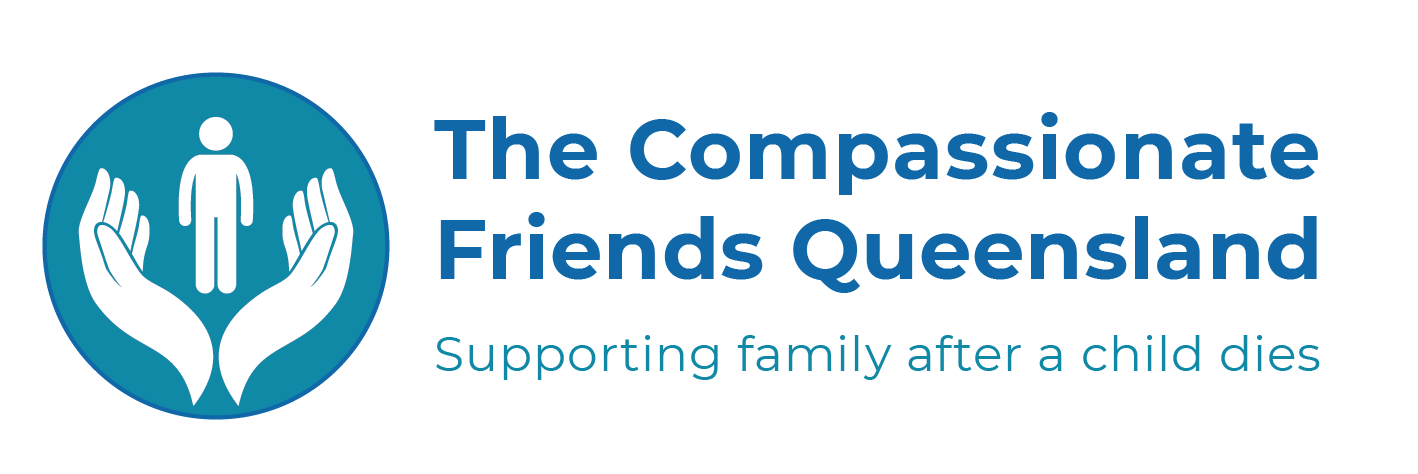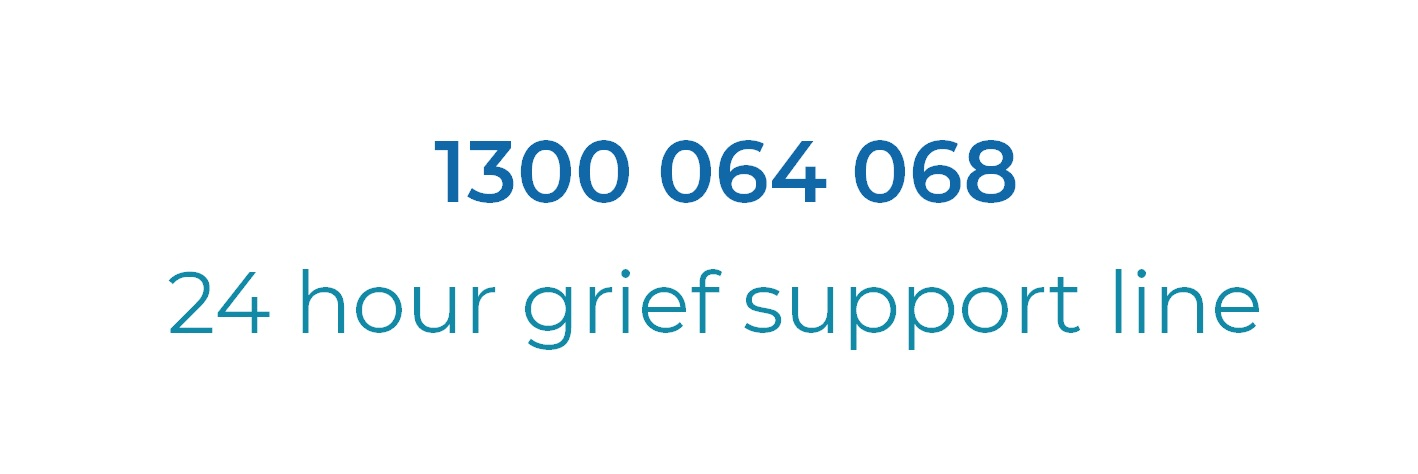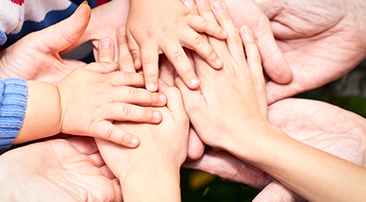If you are considering attending your first meeting, we extend our hearts and loving thoughts – we know it is difficult to attend our first meeting. A TCF facilitator and member will be there to welcome you and put you at ease.
You do not have to speak at meetings, although you will have the opportunity. We encourage you to reach out in your own time and in your own way. It may not be easy, as feelings may be overwhelming. You may ask, “What will it be like?”, ” Who will be there?”, ” What do they do?”, “Will it make me worse?”, “What will people think of me?”or “Will it make me cry?”.
All of this is normal. You will hear the experiences of others who have also lost a child and you will find they understand. It may take a couple of meetings for you to find something of value or reach some level of comfort level with those you meet .
It also may be hard to believe, but occasionally you will hear laughter, often a reaction to a wonderful and precious memory of our children.
Importantly, what is said in the meeting is treated in confidence, the privacy of our members and the things they share is not discussed outside.
It may not be easy, and we’ll bring the tissues……but….together we will make it…we are The Compassionate Friends.
See the locations and schedule for our support group meetings.
Frequently Asked Questions
- If I go to a meeting, will I have to talk?
No one is required to talk at any meeting. We understand how difficult that can be when our grief is so fresh. We do ask that you listen when another member is sharing their story. - How do I know if it’s too soon after my child’s death to attend?
No one can say with certainty when is the right time to come to a meeting. Sometimes family members come shortly after the child has died while other times they wait longer. Some people who attend shortly after the child’s death may decide not to come back until they’re more ready. This is a personal decision. - My child was an adult and didn’t live at home. Can I still go to a meeting?
Meetings are open to all families who have experienced the death of a son or daughter, at any age, from any cause. Regardless of age, we believe our children will always be thought of as just that…our children. - Is there a charge to attend?
There is never a charge to attend a TCF meeting. We rely on voluntary donations and membership from members, friends and the community at large and we receive some government funding. - What happens at a meeting?
Most groups start with an informal time for welcoming people and having a cup of tea or coffee. The formal part of the meeting then begins with the facilitator speaking and perhaps reading a piece of poetry or a short story, after which time we introduce ourselves in turn and share our thoughts and feelings. At this time you may share as much or as little as you need. General discussion then follows and groups usually end with another cuppa for those members who wish to stay. - Can I bring a friend with me?
If you need a friend to drive you to the group, or you need their reassurance, they are welcome to attend. It is important for us to be able to share freely within our group and be sure confidences will be respected. Your friend would need to accept this confidentiality. - My partner says they won’t come with me. Can I come alone?
Yes. We all grieve differently and they may not be ready to take part just yet…or ever. And, likewise, many parents attend meetings without their partners. - Do men attend meetings?
Yes. Men grieve, too, and are welcome to attend meetings for support. - Religion doesn’t matter to me anymore. Can people at a meeting accept that?
TCF has no religious affiliation and you will find TCF members are tolerant of many life views. After the death of a child, many priorities, as well as values, change. - Do I need to speak to someone before I come to a meeting?
No. Just come whenever you feel up to it. Group facilitator phone numbers are listed on our support group page, if you wish to make contact prior to meetings. - My child died several years ago, and I postponed my grief work. Now it’s catching up with me. Is it too late to come now?
We all grieve differently. Many parents don’t feel the need of a support group until years after the death of a child. It’s all right to come whenever you are ready, whether it’s soon after your child’s death, months later or years later. - How long do people come to meetings?
People attend meetings until they no longer feel a need. Some attend just a few meetings while others come for years. Some are so thankful for the helpful support they’ve received that they stay to help in chapter leadership so they can be there for the next persons who walk through the doors seeking help.
What Do You Get From Attending A TCF Support Meeting
By Joy Van Raalte, TCF Qld
I remember walking into my very first TCF support meeting with great sadness in my heart, wondering if I was doing the right thing, dragging my feet as if I had a huge weight on my shoulders and very scared and anxious about what happened at these meetings.
When I entered the room I could hear people laughing and I was so angry and I thought ‘Why are they laughing, don’t they know my son has just died’. I was just about to turn around and walk out I was so upset when a very kind, gentle, caring lady approached me and said “Hello my name is Julia, you must be Joy, come on in and join us”.
I have never looked back from that night and attended support meetings for many years, planning other arrangements around my TCF support meeting just so I could attend. Why?, you may ask, well after that first meeting I left feeling better off than some of the people that I had met that evening. As we sat in a circle to share our stories (and I was told I did not have to if I did not want to) I was overwhelmed when the lady next to me shared her story and she had lost two of her children, then the next lady to share her story had lost her only child, others had lost their child under circumstances that required ongoing distress such as court cases etc.
I found myself thinking thank goodness I have not lost my only child or two of my children or having to deal with the ongoing circumstances surrounding the death of my child. As we sat in that circle and shared our stories and a mother reached out and held the hand of another who was sobbing uncontrollably, and later another put her arm around the shoulder of another, then another would take a box of tissues to someone else crying, I began to realize that I was in the right place, a place where I could talk about my child over and over, a place where they understood that stabbing ache in my heart, why I couldn’t get out of bed in the morning and why I thought about nothing but my dead child.
I began to make beautiful friendships and build a strong support network through the amazing people that I met at each meeting. Slowly I became stronger in knowing that I did not have to suffer this long road ahead alone and eventually I was able to help a newly bereaved parent who was attending a meeting for the first time and was probably feeling the same feelings that I did at that time.
I realise now that we do laugh again, the heaviness in our hearts lightens and the memories of our child/children grow stronger as time goes by and they are never forgotten.














